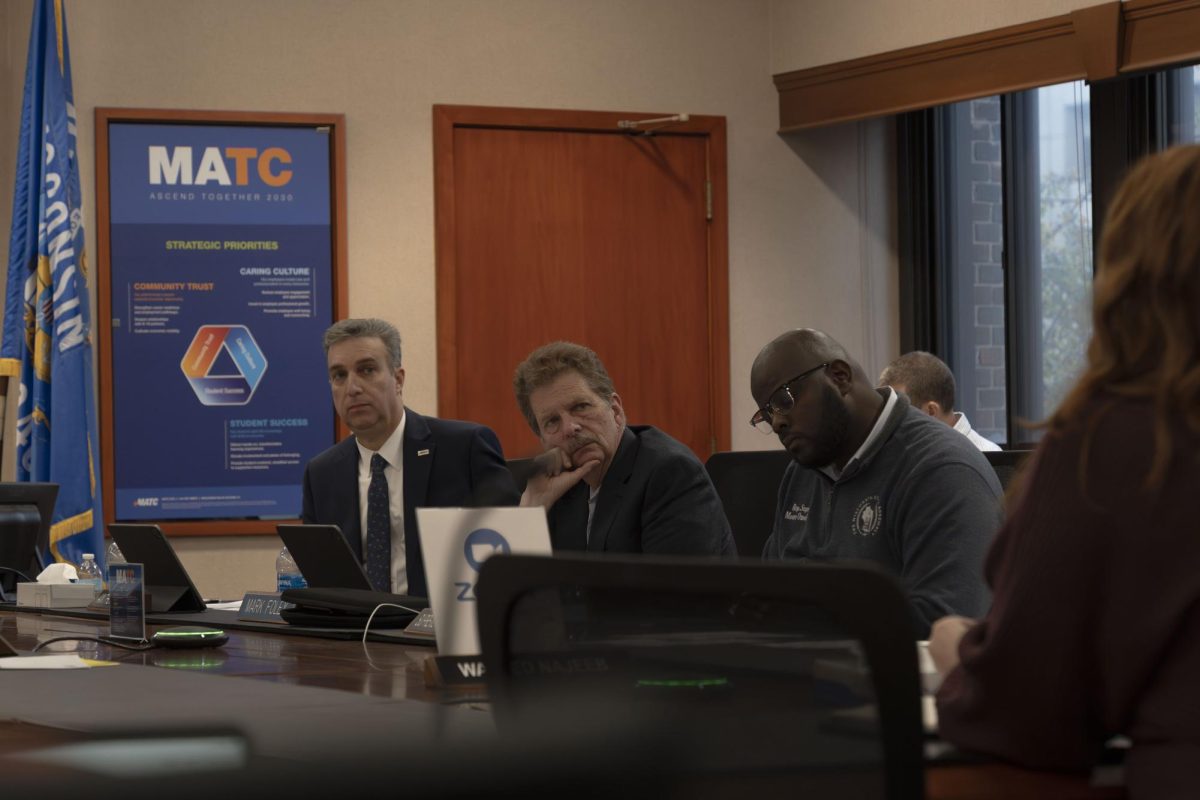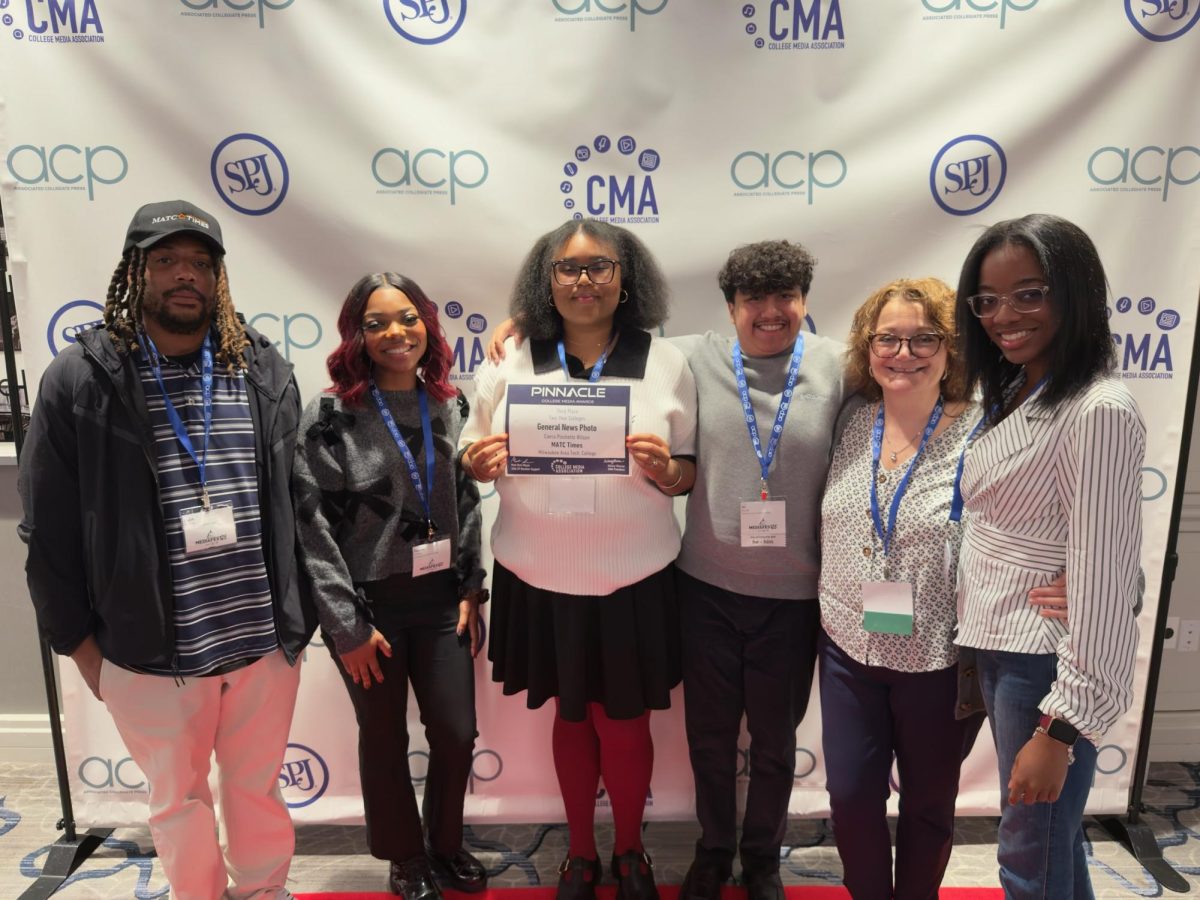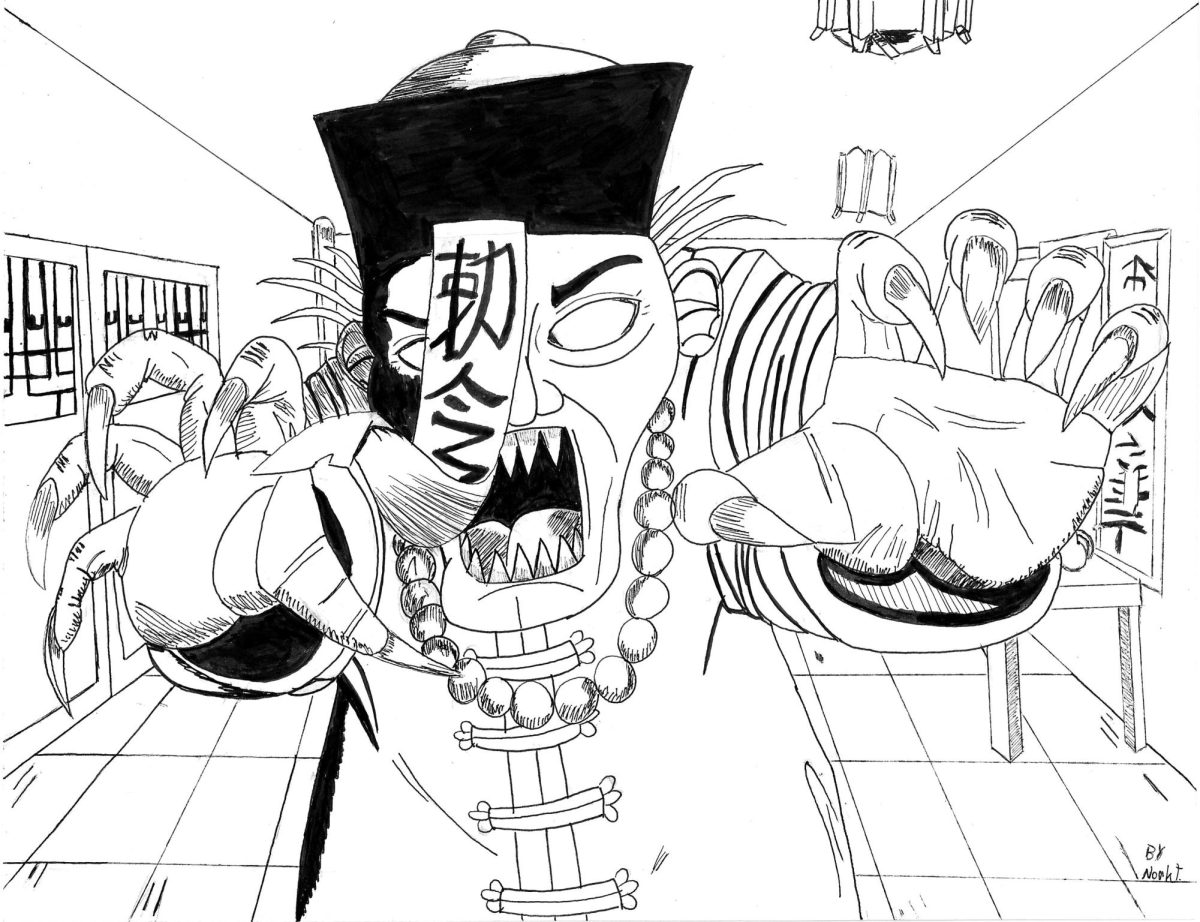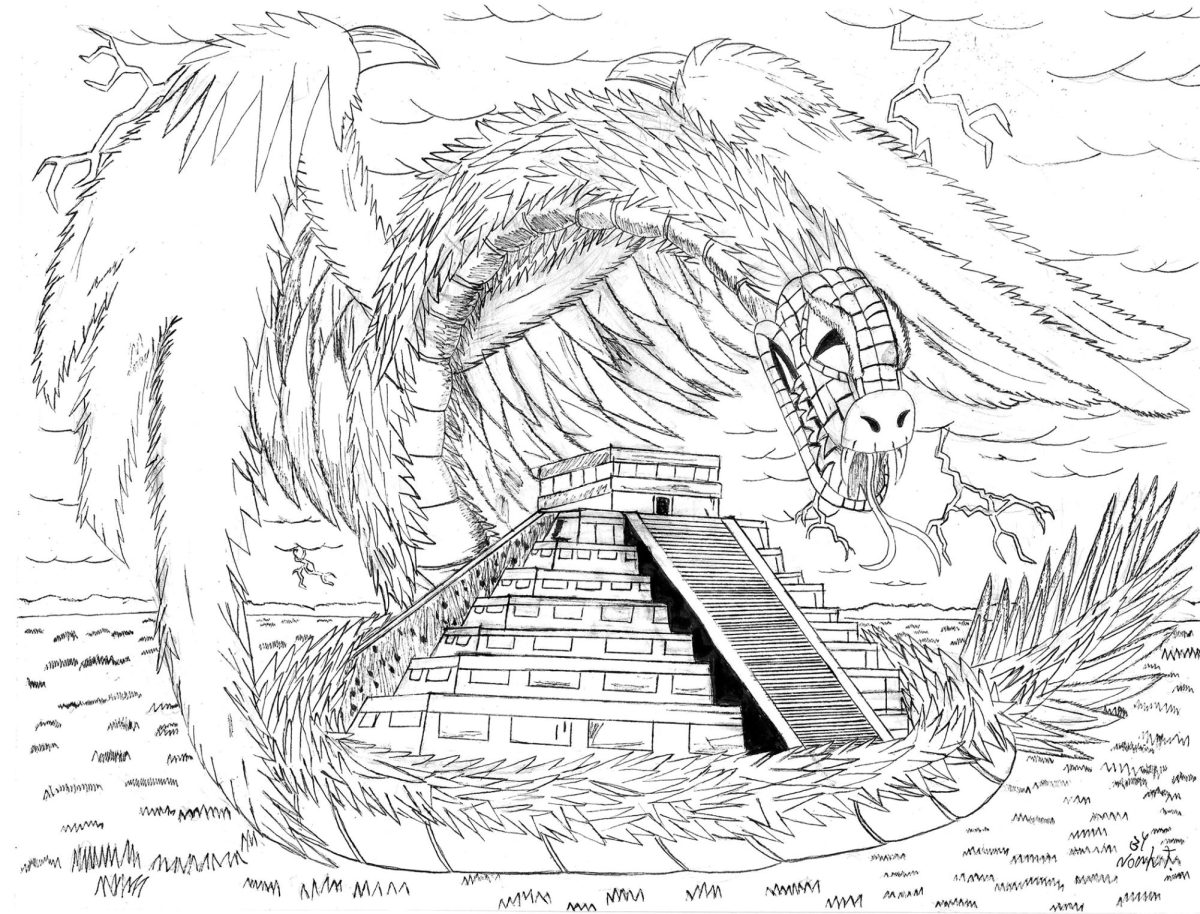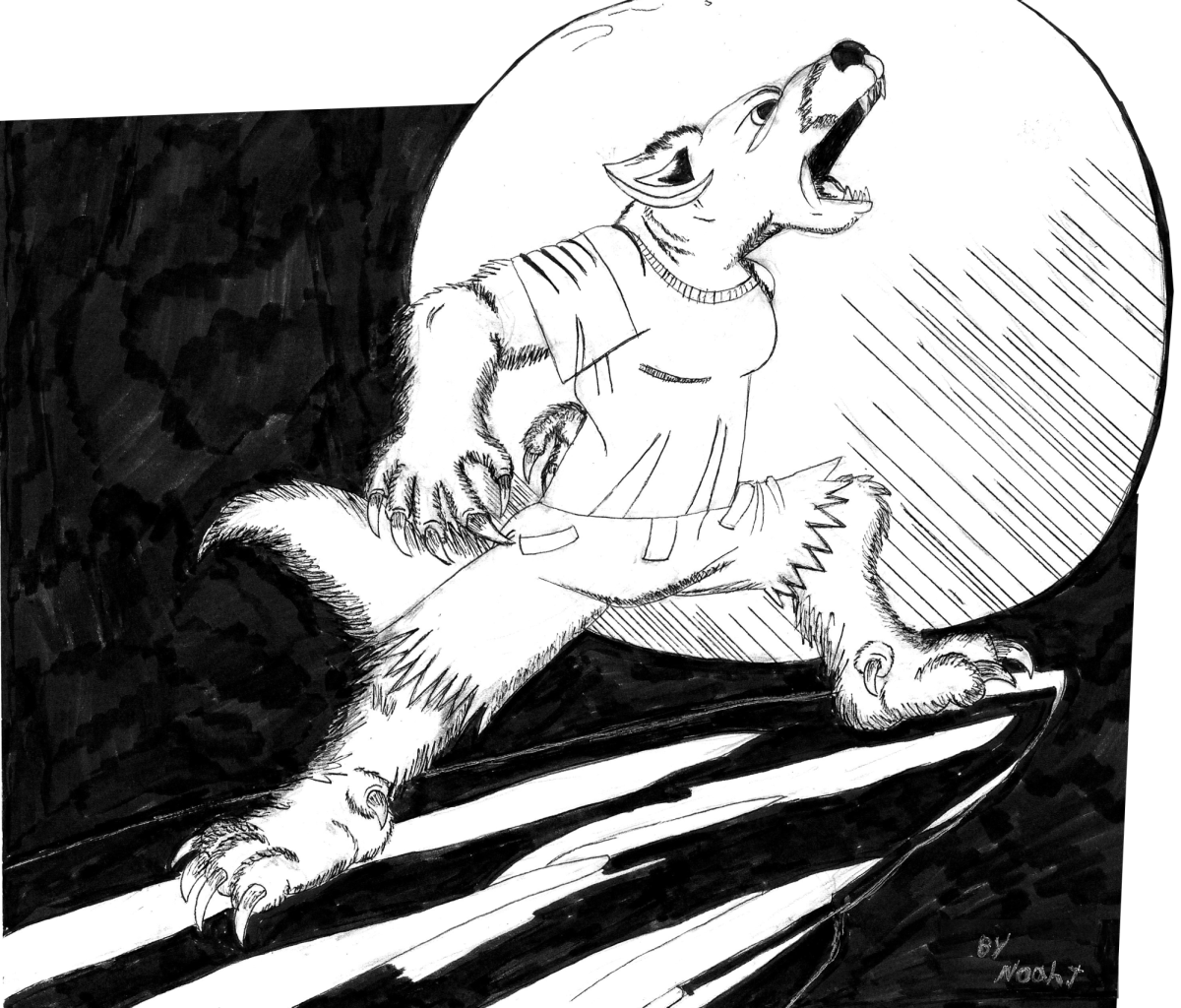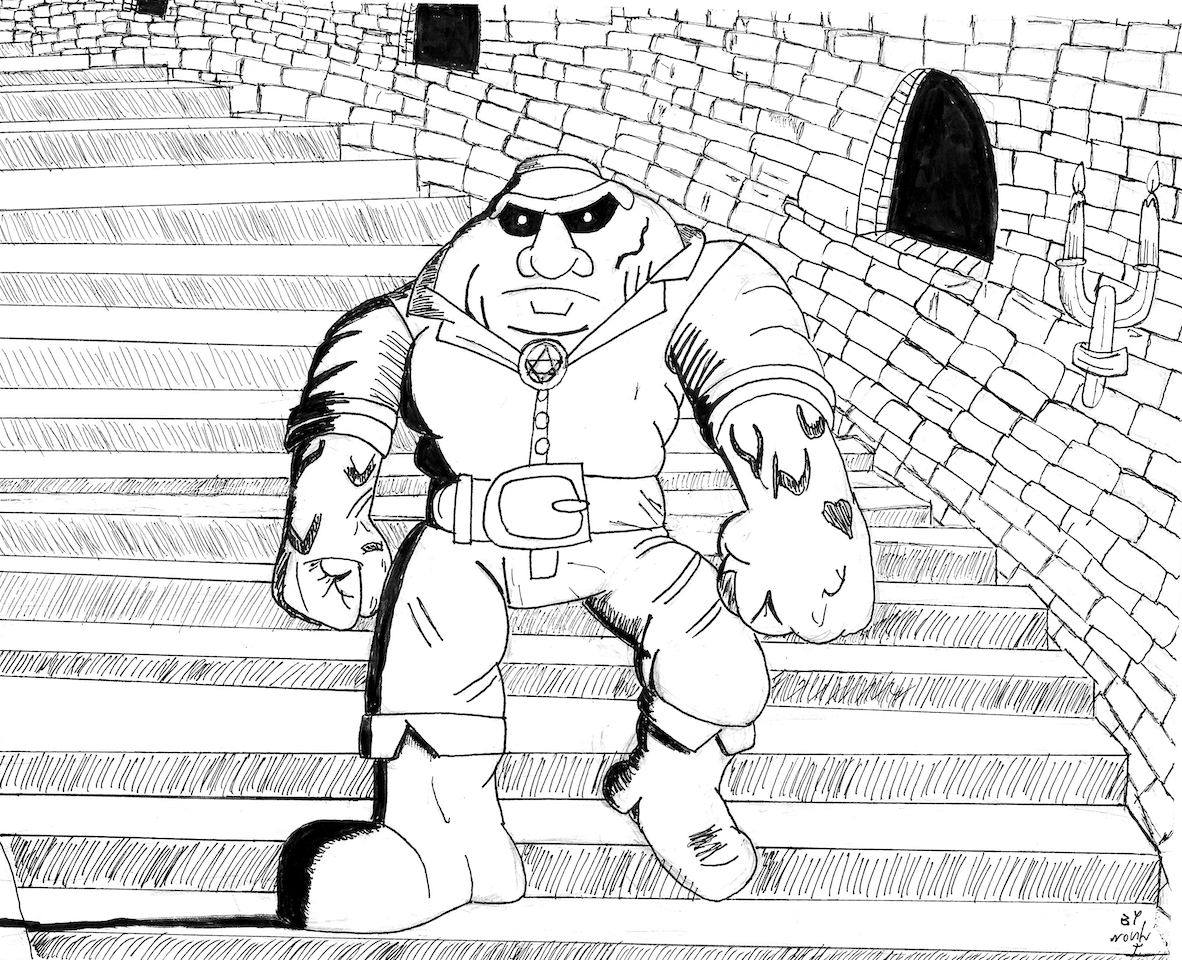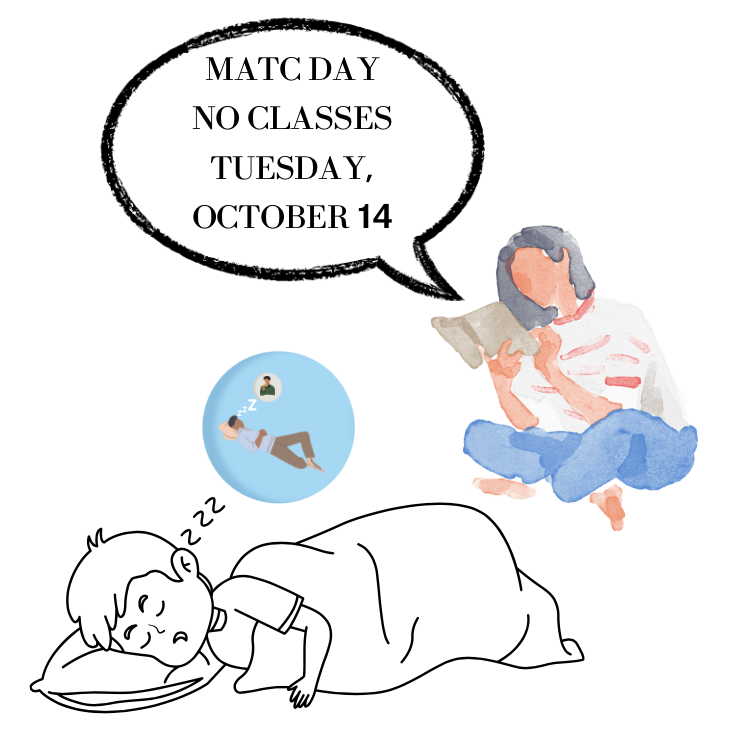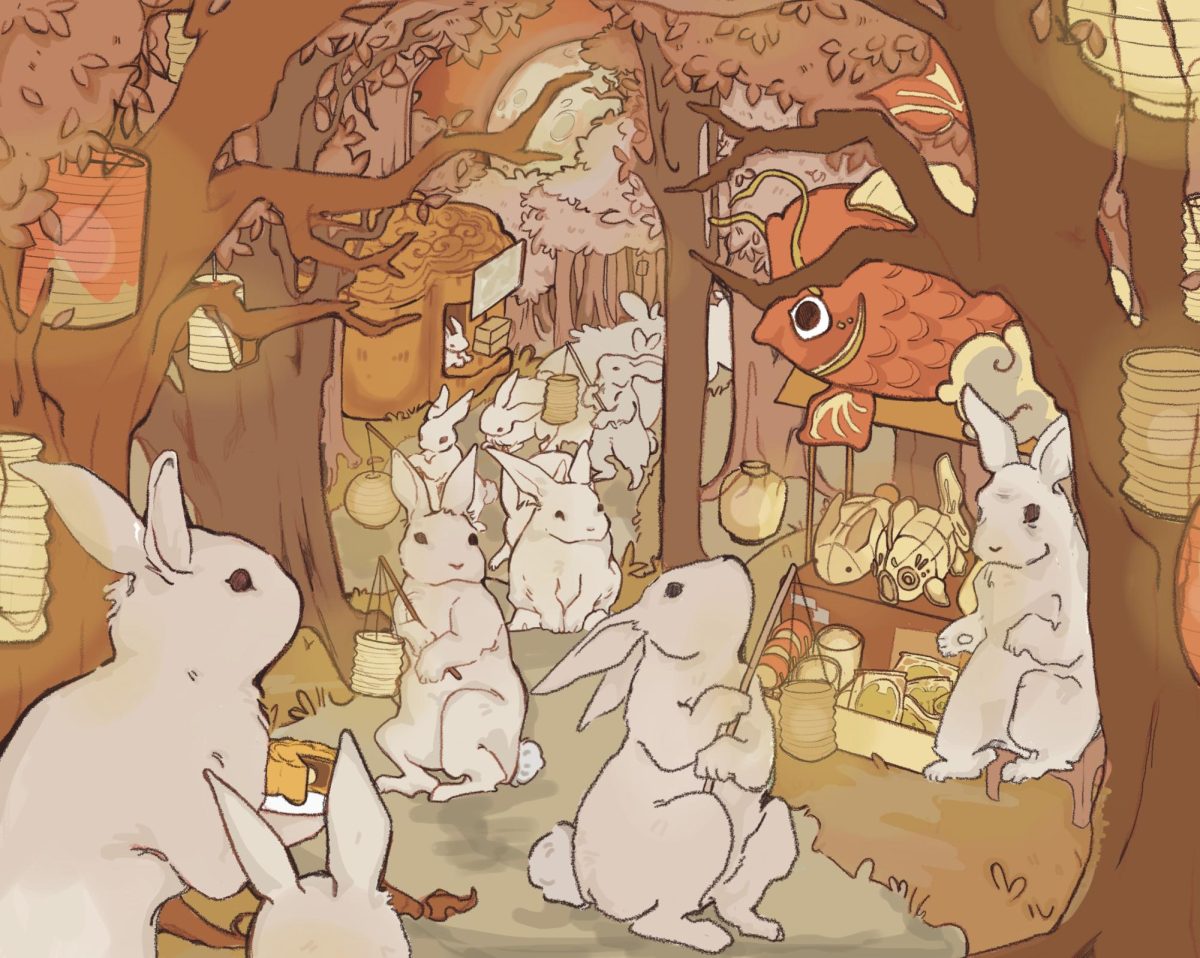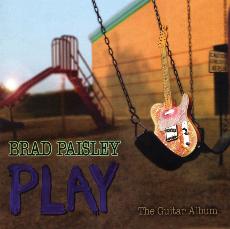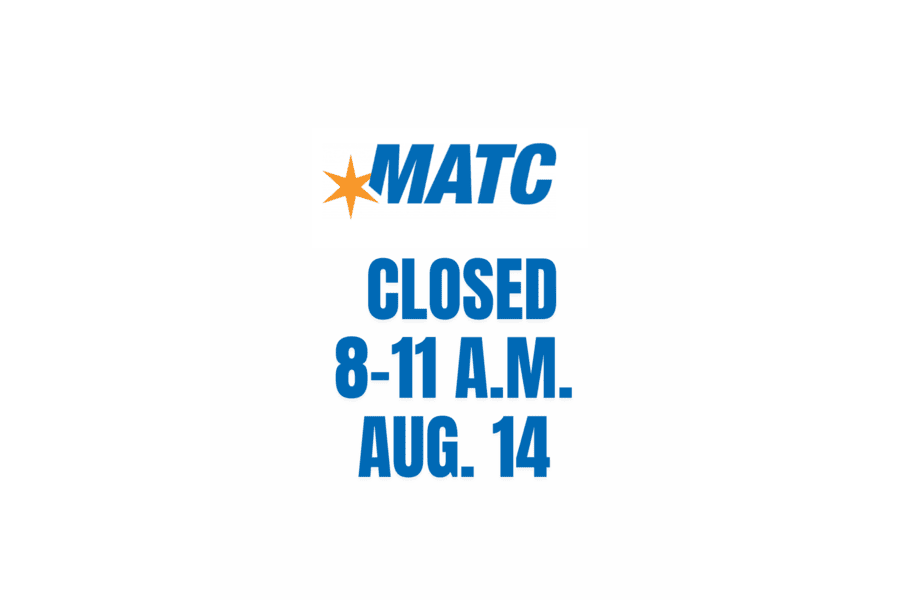I’ve always been a big fan of Lucinda Williams, ever since her amazing 1998 album Car Wheels on a Gravel Road. Her stuff is sterling.Her latest, Little Honey (Lost Highway), could very well be her best yet. Williams is one of those writers whose work directly reflects what’s going on in their personal life at that time. While writing this album she found herself in a very stable relationship, which is her motivation here.
It’s a great sounding album that has some depth to it, courtesy of producer Eric Liljestrand. Thankfully, he doesn’t try to smooth over or hide the musicians’ emotional playing. It’s a pretty soulful album.
“Real Love” leads off with an attention-getting, guitar-jangling bang, and overall it’s a very well-paced album. Mixing genres on pretty much every song, like straight country on “Well, Well, Well,” the blues on “Tears of Joy” and guitar-thrashing rock “Honey Bee,” the album has something for everyone.
Besides the above mentioned, “Heaven Blues,” “Circles and Xs,” “Plan to Marry” and “Jailhouse Tears,” an Elvis Costello vocal duet, are all standouts. With Little Honey being her fourth album this decade, Lucinda Williams is getting better and better each time out.
I’ve always been a big fan of Ryan Adams. Arguably, he’s one of this country’s best songwriters. From his days as a founding member of country-alternate Whiskeytown, through last year’s amazing Easy Tiger, Adams’ stuff is always top notch.
His latest, Cardinology (Lost Highway), is another positive step in his journeyed career. In the past, Adams has admitted that excess drinking has, at times, hampered his output. This is his second continuous release that benefits from his recent clean bill of health.
Adams’ ability to mix rock and country is still amazing. How can you knock a guy who can sneak in a steel guitar here and there and still find room to hard rock it out? He doesn’t write for genres; instead the song’s content dictates what musical accompaniment it receives.
The better ones here include “Born into the Light,” which opens the album and “Stop,” which is an obvious look at his previous indulgences. In between those, “Fix It,” “Let Us Down Easy,” the U2ish “Cobwebs,” “Go Easy,” “Natural Ghost” and the rollicking “Magick” are really good.
Whether it’s straight country, punk, rock, alternate country or pop, Ryan Adams and The Cardinals are always a treat that never disappoints.
It’s a flaw on my part that I’m not well versed in country music. Though the likes of Johnny Cash, Hank Williams, Willie Nelson and The Shiney Boot Boys are all in my iPod.
That being said, county artist Brad Paisley has released a very interesting album, one of which I’m surprised his label let him put out. Play (Arista) is 11 instrumental, guitar-filled tracks out of the album’s 16 offerings.
Whenever I’d catch Paisley on Letterman or Leno you were left with the impression that the kid in the cowboy hat could play, but seemed to be biting his lower lip soloing in the wrong band.
On Play, it’s obvious he’s chosen the right path.
What impressed me most about the album is the respect he showed for the guitarists that came before him and how their influence is evident throughout.
Stuff like “Les Is More” is an obvious nod toward Waukesha legend Les Paul and “Cliffs of Rock City” to Eric Johnson’s classic “Cliffs of Dover.” Not so obvious is “Start a Band” and “Kim,” in which his playing is styled after Dire Straits Mark Knopfler and on “Come On In” which pays homage to country guitarist Don Rich.
Other good ones include the duet with B.B. King on “Let the Good Times Roll” and “Cluster Pluck” which features guitar greats James Burton, Vince Gill, Albert Lee and Steve Wariner.
I’ve been waiting on this one for too long. Q-Tip, who co-founded A Tribe Called Quest has finally gotten another solo CD to drop. The Renaissance (Motown) is what you’d expect from this hip-hop pioneer.
TCQ only lasted 10 years (1988-98) before it disbanded. During that time they revolutionized hip-hop by being one of the first to incorporate jazz influences into their music. Their The Low End Theory album is as groundbreaking as any the genre has to offer.
Q-Tip then began his solo career in 1999 with Amplified, which was greeted with much success. He soon became a victim of record label snafus (five labels in six years), but he continued to record though unable to release his wares.
What Q offers, very few others can deliver. Besides the infectious beats, live instrumentation and top-notch production, Q comes from a very socially-conscience place with his lyrics.
He might be serious here, but it can still make you shake your butt! Standouts include “Won’t Trade,” “Shaka,” “Official,” and “We Fight-We Love” with Raphael Saadiq, “Believe” with the elusive D’Angelo and “Life Is Better” that actually gets Nora Jones to sound quite funky.
As we get toward the end of the year and reflect on the musically disappointing 2008, thank goodness for Q-Tip’s The Renaissance. Finally, an album worth its salt and hopefully a sign for things to come in 2009.

